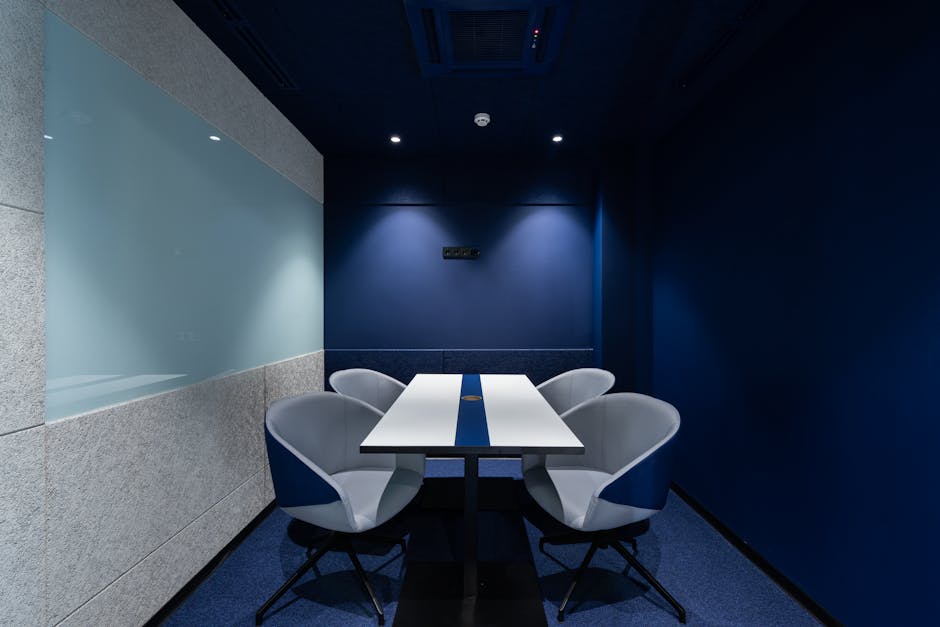Office Hoteling: The Future of Flexible Workspaces
"Office hoteling is a flexible workspace solution that allows employees to reserve desks or rooms for a set period of time. This article explores the benefits of hoteling, how it differs from hot desking, and best practices for implementing a successful office hoteling system in your organization. "

In today's dynamic work environment, businesses are embracing new ways of utilizing office space to accommodate the needs of their employees. One such concept that's gaining traction is office hoteling. This flexible workspace solution allows employees to reserve desks or rooms for a set period of time, providing a more efficient and cost-effective alternative to traditional assigned seating.

What is Office Hoteling?
Office hoteling, also known as desk hoteling, is a system where employees can reserve a workspace for a specific duration, much like booking a hotel room. This concept is particularly useful for hybrid and remote work settings, where employees may not require a permanent desk assignment.
Hoteling differs from hot desking in that reservations are typically made in advance and for longer periods, such as days, weeks, or even months. In contrast, hot desking is more short-term and on-demand, with desks often reserved the same day or a day in advance.
Benefits of Office Hoteling
-
Improved Productivity and Collaboration: Hoteling allows employees to choose the right workspace for their needs, whether it's a quiet area for focused work or a collaborative space for team projects. This flexibility can lead to increased productivity and spontaneous collaboration opportunities.
-
Efficient Space Utilization: By eliminating unused desks and opening up room for other types of workspaces, hoteling helps businesses reduce real estate costs and optimize their office layout.
-
Cost Savings: With fewer permanent desk assignments, companies can save a significant amount on real estate expenses. According to a Global Workplace Analytics report, employers can save around $11,000 per worker, every year, who works remotely half the week.
-
Enhanced Health and Safety: Hoteling enables businesses to control office capacity and maintain social distancing guidelines. It also simplifies the process of directing janitorial staff to sanitize desks between guests.

Is Office Hoteling Right for Your Business?
Hoteling is an excellent solution for businesses looking to:
- Scale their workforce without increasing office space
- Share a co-working space with other companies
- Support a 100% remote workforce with occasional office visits
- Reduce their office footprint without downsizing staff
Implementing Office Hoteling: Best Practices
-
Get Buy-In: Communicate with employees to understand their needs and generate excitement for the new system. Set clear expectations regarding desk cleanliness and reservation policies.
-
Invest in a Sign-In System: Use a workplace platform to allow employees and visitors to sign in and reserve desks or rooms in advance. This helps managers track office occupancy and plan accordingly.
-
Utilize Desk Booking Software: Implement a user-friendly desk booking solution that allows employees to easily view and reserve available workspaces suited to their needs.
-
Consider Room Booking Software: In addition to desks, provide a range of meeting and conference rooms that can be reserved through a room booking system. This helps employees find the right space for their needs and provides valuable data on room utilization.

Office hoteling is a smart solution for businesses looking to embrace the future of work. By offering flexibility, cost savings, and improved productivity, hoteling can help organizations thrive in today's ever-changing work landscape. With the right tools and best practices in place, implementing an office hoteling system can be a seamless and rewarding experience for both employers and employees alike.
Want to learn more about Desk Booking?
Explore our complete guide with more articles like this one.


